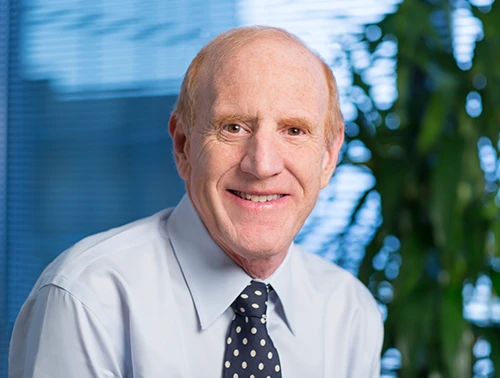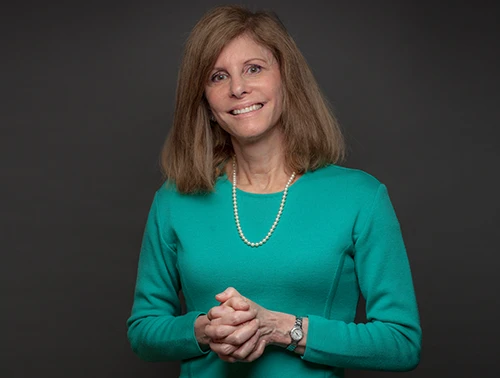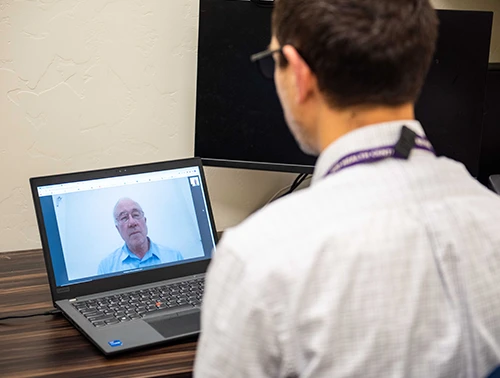Community Health Plan of Washington teams with MAVEN Project to bolster care in community health clinics
More than 30 years ago, community health centers (CHCs) all over Washington came together to bring health insurance to underserved people throughout the state. Since then, the resulting Community Health Plan of Washington (CHPW) has been serving those communities with Washington Apple Health (Medicaid), and has added Medicare Advantage and an Individual & Family plan on the health care exchange.
CHPW is a not-for-profit offering a variety of health plans to ensure those not served by traditional insurance companies can access the care they need. They’re governed by CHCs, who also serve as the backbone of their provider network, and understand firsthand the health care needs in the hundreds of CHC locations spanning rural areas, urban centers and everything in between.
In 2018, the team at CHPW found MAVEN Project, knew it would be a valuable resource for their network of clinics, and introduced MAVEN Project to Washington. Since then, they’ve partnered on a unique relationship in Washington state and they’ve generously made MAVEN Project available to 54 clinic sites in Washington. These clinics serve 612,000 patients annually, 77-96% of whom are below 200% of the Federal Poverty Level.
Leanne Berge, Chief Executive Officer of CHPW, notes that the CHCs in their network see a wide variety of patients.
“Different areas of our state have vastly different needs depending on the population they’re serving and the local health care disparities they’re addressing. MAVEN Project’s breadth of offerings and depth of expertise supports our health clinic providers so that they, in turn, can meet patients where they are. CHPW offers MAVEN Project as a support for specialty care consultations and further develops our workforce by offering continuing education of our community health center providers, who serve as primary care physicians in our network.”
These providers are on the frontlines of health care for more than a million patients collectively, most of whom have lower incomes, and are from marginalized or underserved communities. Clinicians consult with MAVEN Project experts on issues they previously may have written a referral for. These consults reduce administrative burden for the clinic, while also saving the patient the time and difficulty of getting to another appointment or waiting for information.
But that’s not all MAVEN Project offers, as Berge notes.
“Our providers also appreciate the mentorship that volunteer clinicians offer through MAVEN Project. Some of our CHPW providers are at smaller sites or in more remote locations with fewer physician staff. For those providers, the MAVEN Project can provide collegial support, particularly for specialty care areas for which there are fewer opportunities for informal consults, especially for their Medicaid patients.”
###





